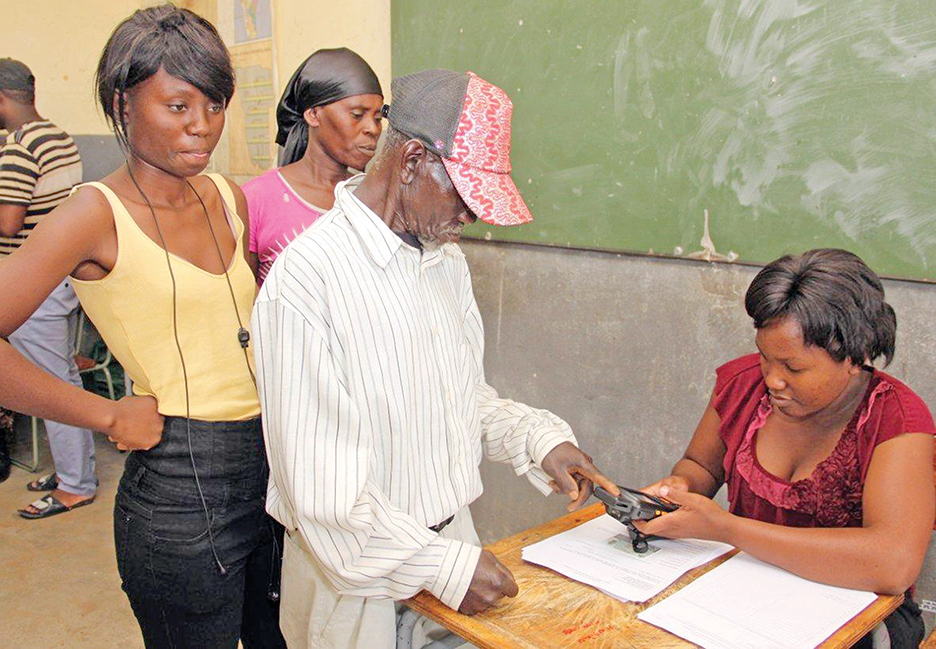REUTERS
When Namibians voted in November 2014, it marked a historic event as Africa’s first electronic election.
Despite an 11th-hour challenge from the opposition party over the devices, the election commission used 4,000 voting machines for the presidential and parliamentary vote instead of paper ballots.
In the booth, voters found a gray electronic device with pictures or logos of the candidates and a green button next to each one. Instead of marking a cross on paper, voters selected their choice by pressing the button.
“It is way better and faster,” said voter Sara Isaacs.
Although there is no history of election fraud in Namibia, unlike in many neighboring countries, logistical problems meant the results from the 2009 vote took a week to emerge.
Elections director Paul Isaak said that instead of spending $1.81 million printing ballots, the commission had achieved an “enormous saving” by spending just $181,000 on one paper for each voting machine.
SWAPO won the 2014 election, extending its 24-year rule. Mineral-rich Namibia has one of Africa’s healthiest economies, and SWAPO, the former liberation movement that secured independence from South Africa, has maintained its popular support, although dissent is growing over inequality and a lack of housing.

